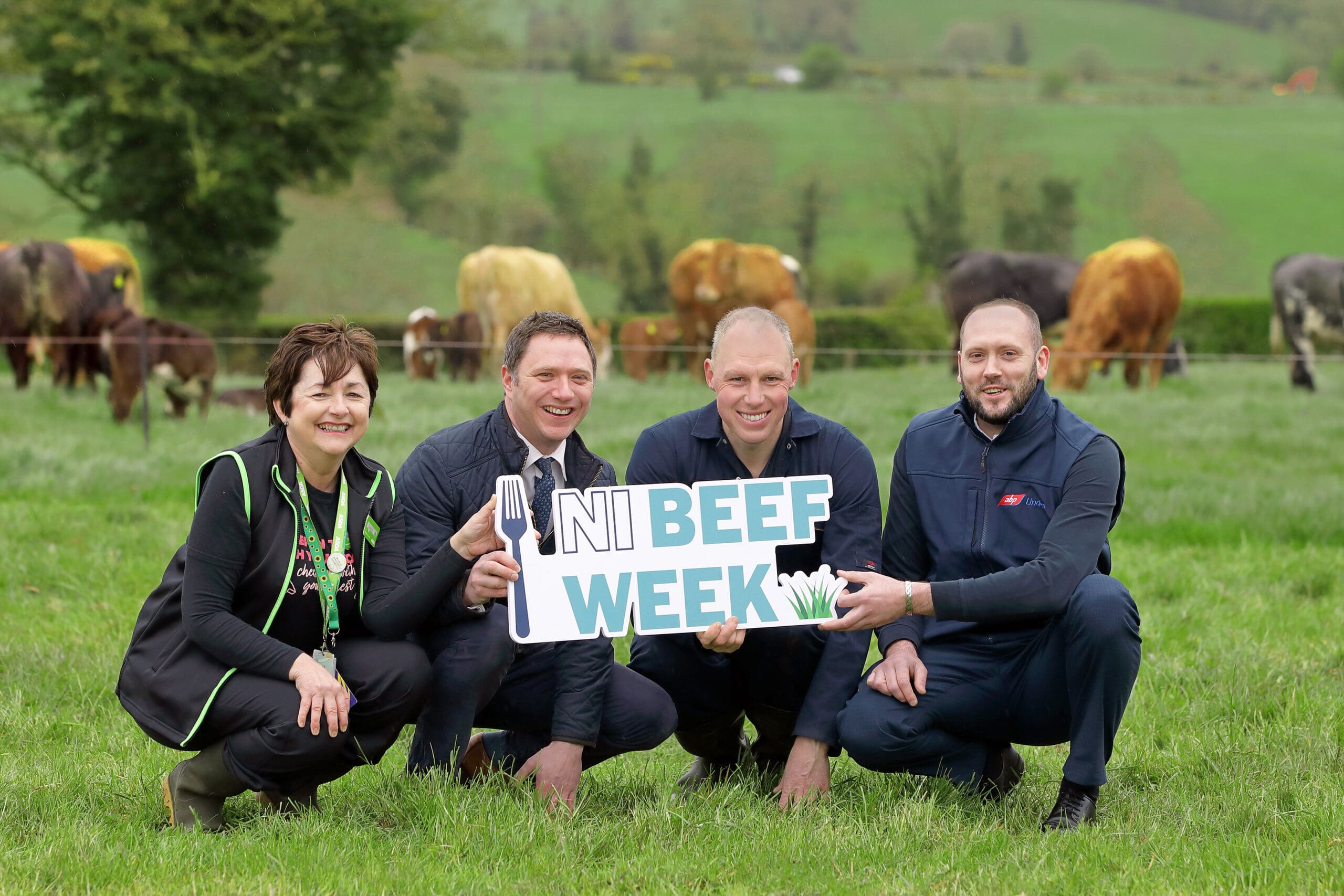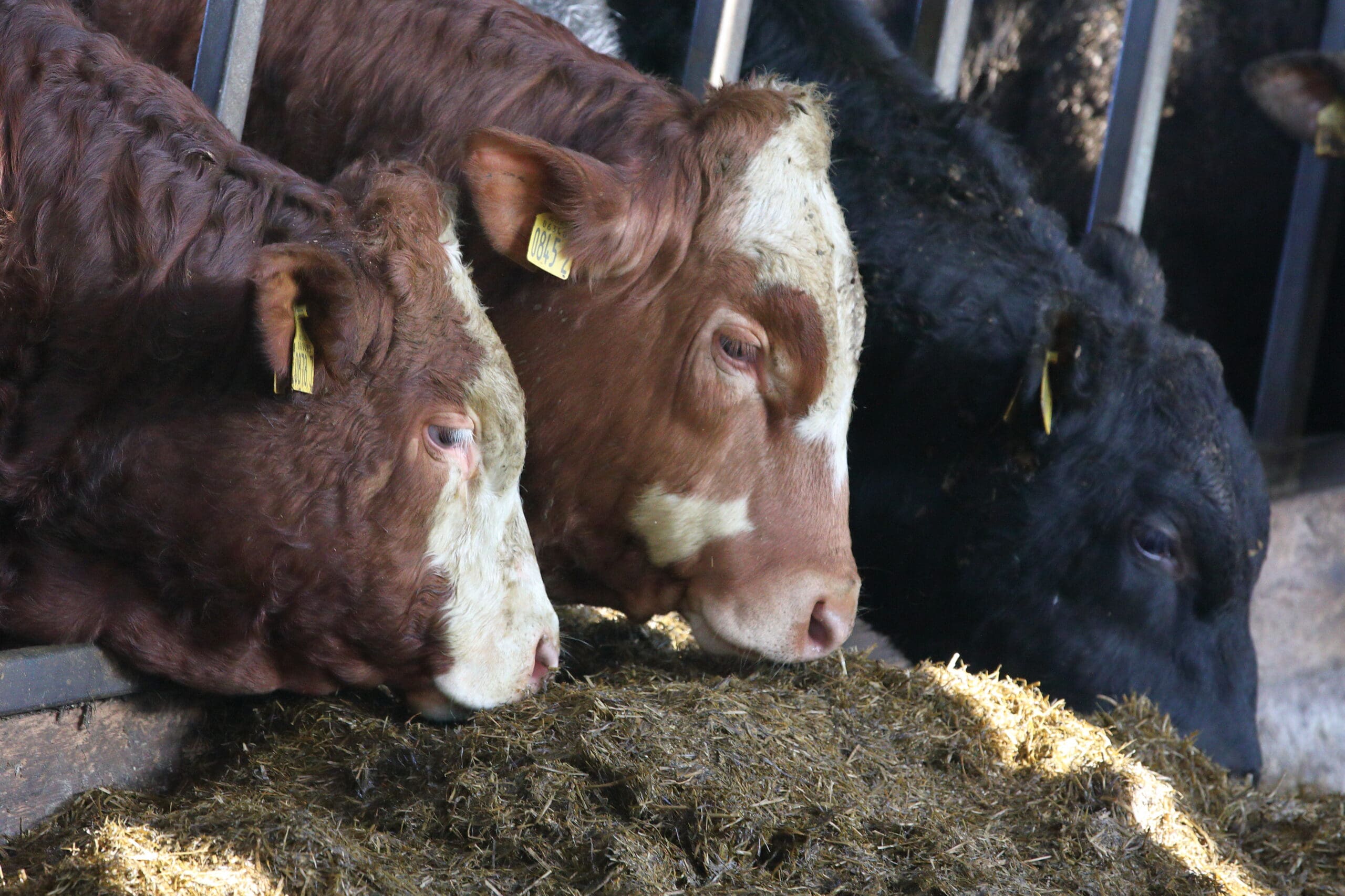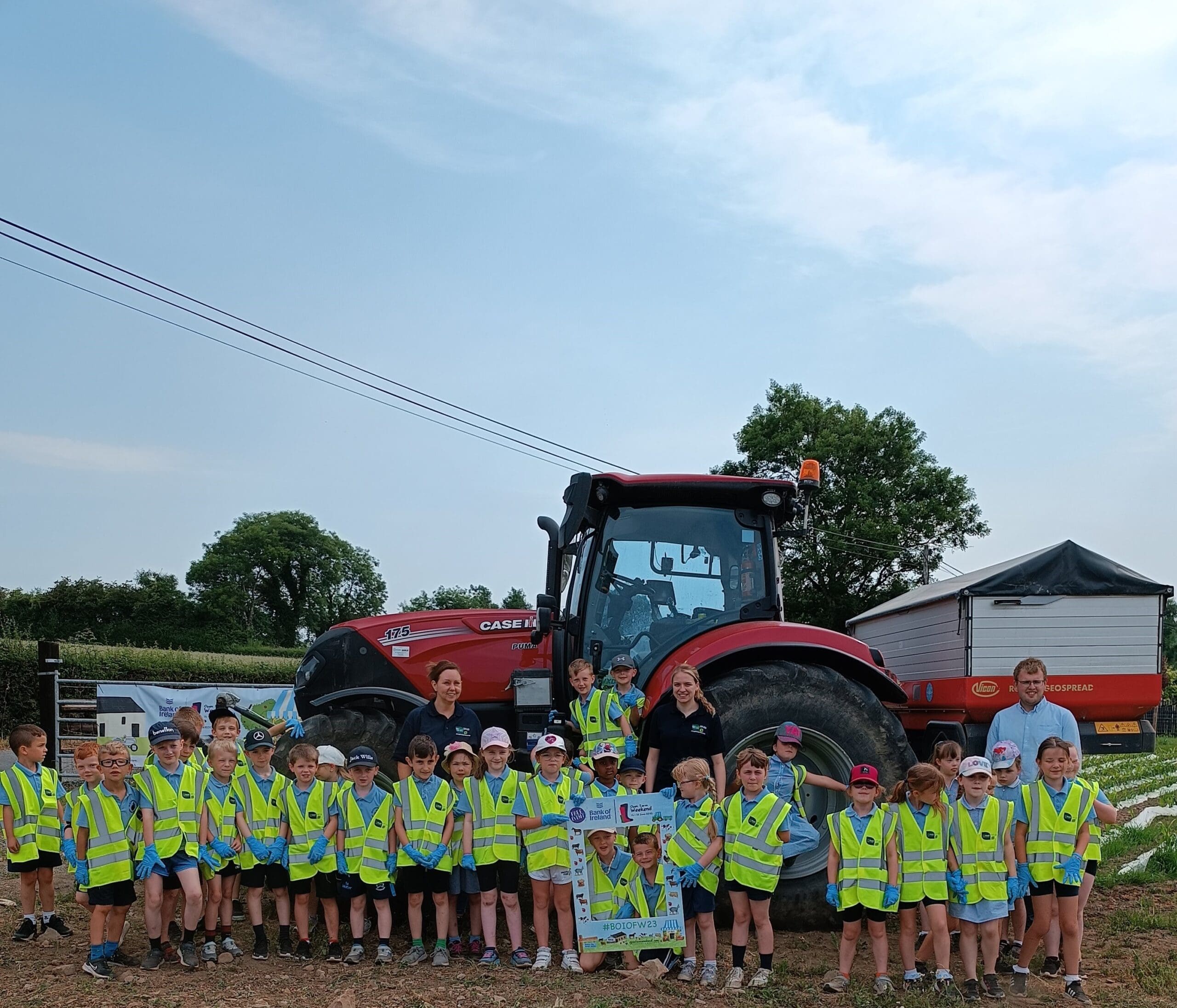Commodity Watch
An outbreak of Avian Flu was confirmed on a duck breeding farm in East Yorkshire at the beginning of last week. This came on the back of a number of previous recent outbreaks in both Germany and Holland and it has since been confirmed that in all of these cases it is has been the same H5N8 strain of this disease.
While there are no issues for either human health or food safety, this is a serious, notifiable disease in poultry and leads to very significant trade restrictions once confirmed. Meat & Egg sector representatives from the Union’s Poultry Committee have been closely monitoring this situation during this period and have kept in regular contact with DARD on issues such as the disease situations in England and Holland, movement and trade controls with GB and internationally, and contingency planning in the event of an outbreak here.
The most likely spread of the disease is through contact with wild birds but the disease can also be spread indirectly through the contamination of clothes or vehicles with infected bird faeces.
Earlier this week, the Dutch authorities confirmed a third case of the disease on a commercial poultry farm but this new case was over 100km away from the other outbreaks. This demonstrates how the disease has the potential to spread over large areas very quickly. All 10,000 birds in this most recent Dutch case were destroyed and the outbreak also prompted inspections of dozens of other farms within the area. Given the heightened awareness of this disease, it is no surprise that there have also been a number of suspect cases in Northern Ireland – all of which however have proven to be negative. Both DARD and the UFU have committed to doing all they can on the disease and are working closely with DEFRA, NFU and associates throughout Europe in order to remain fully up to date on any developments.
One of the key issues is the importance of ensuring that all flocks of susceptible birds throughout Northern Ireland are identified and registered with DARD. All flocks could potentially play a significant role in the spread of this disease and control would be much more difficult if flocks exist which no one is officially aware of. DARD already have a register which contains over 5,500 ‘back yard’ poultry flocks and 2,000 pigeon lofts but the UFU are keen to encourage all bird keepers to ensure that they abide with current DARD regulations and register with them. More information about this can be found on the DARD website.
The UFU also strongly encourages all poultry keepers to review their biosecurity measures at this time to ensure that their sites remain as secure as possible from the possible introduction of this disease. Wherever possible, all birds should be fed and watered indoors to avoid attracting wild birds to come into contact and poultry keepers should remain extra vigilant keeping a close eye for any signs of the disease within their flocks. As the disease is notifiable, it is imperative that any suspect cases are notified to DARD as soon as it is suspected. The UFU would also advise that poultry farmers begin to consider how they would implement emergency procedures, should the occasion arise, which would allow for all birds to be housed and separated up.
The UFU will continue to work closely with DARD on this issue.




